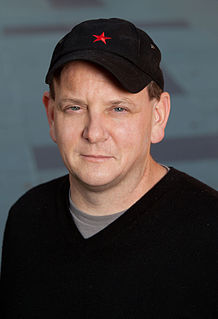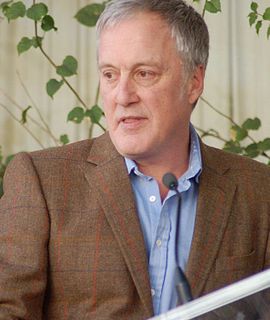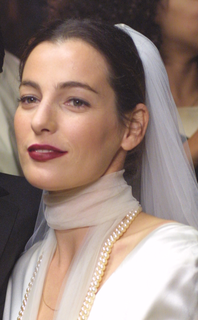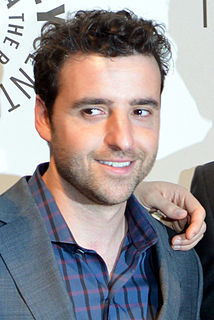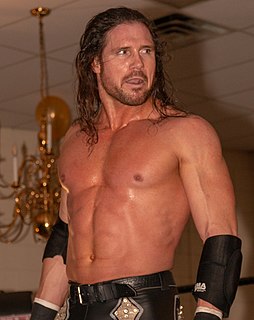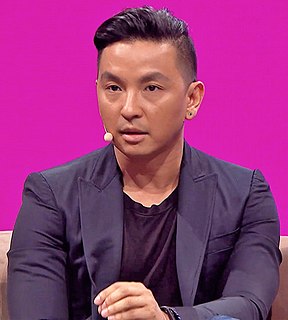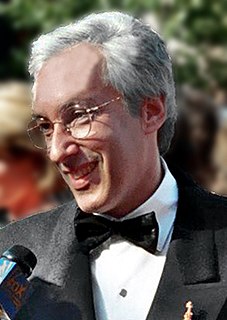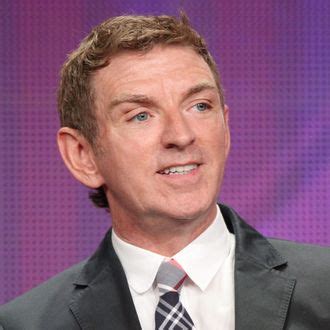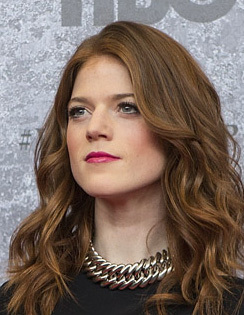A Quote by Scott Aukerman
When we came to the network, it was a very interesting time where Portlandia had just come on the air and had been very, very successful. I think people had Portlandia-sized expectations for Comedy Bang! Bang!, especially after the first episode was sampled by quite a large number of people. I remember getting the ratings after the first episode, and the network was over the moon about it. And then the second episode tanked so hard. Like, no one watched it. It was a resounding, "Hey, a bunch of people tried your show, and they all hate it!"
Related Quotes
I think what people watch television for is the emotional continuity, from episode to episode, and feeling that the experience that they had, four episodes ago, has actually been building to an episode that comes later, and knowing that the characters are growing, as a result of that, and making mistakes, is really, really important to the way people connect to television.
It's easy to leave people wanting more after the first episode, but it's hard to leave people wanting more after the 24th episode. And it's my job, more than anybody else's, to keep that in mind. One season, in TV terms, is nothing. You need to hit it for three or four seasons, and then you're doing well, in TV terms. Then, you've done your job.
I've been on my share of network dramas and comedies, and the problem sometimes in a network is they have a single-minded focus on making the show true to whatever genre it is. If you're on a drama, it better be procedural, it better fulfill all the demands of a procedural show, and you better keep those episodes independent, so if I'm watching the show in seven years as its syndicated on some other cable network, I don't have to know what happened before or after the episode. If you're on a comedy, everything has to be funny and wacky and zany.
We do want the freedom to move scenes from episode to episode to episode. And we do want the freedom to move writing from episode to episode to episode, because as it starts to come in and as you start to look at it as a five-hour movie just like you would in a two-hour movie, move a scene from the first 30 minutes to maybe 50 minutes in. In a streaming series, you would now be in a different episode. It's so complicated, and we're so still using the rules that were built for episodic television that we're really trying to figure it out.
I was in South Africa, and Joe [Wright] asked the same exact question that you just asked: "Have you ever seen an episode of Black Mirror?" I went back and played the video for Joe. The episode that I did is called "Nosedive," and it was a year to the week from when I first watched it. It was just very bizarre, this very weird coincidence.
When I was only in the first episode of Orange Is The New Black, I'm thinking by lunchtime I'm ready for my contract, like, "What's up?" I finally just spoke up and said, "What's the deal? This is the first episode. I'd love to be on your show." And they said, "Oh, Lori, we filmed out of order, we already filmed the whole season two." So I had to wait six whole months to come back again.
I did an episode on the TV show 'Awake,' and I thought, 'Wow, that's really hard.' To do that so fast and to do that, if it's very successful, for nine months out of the year, for a bunch of good years, that's challenging. But, it was interesting. It's a good show. You'd have to have a very good character, I guess.
For the first time in my life I tried whale. It was very chewy and quite fatty. My friend had had whale before, so I knew it would be quite blubbery. It was delicious. I loved it. It was smoked, so it had a lovely kind of tangy taste to it. We had it a couple of nights. I was won over. It was very yummy.

